How to Start a Blog Tips - Affiliate Disclosures
By Michele Thymmons
Note - This post contains affiliate links, which means I will make a commission at no extra cost to you, should you click through and make a purchase.
Hello all and Happy New Year!!! I recently began working through my goals for 2019 and the posts with resources that I wanted to bring you, and after going through Michelle’s class of Making Sense of Affiliate Marketing and Moms Make Cents Pinterest Affiliate Marketing , I started thinking…I know how to properly disclose affiliate links and sponsorship posts from the U.S. law, but having now moved to a small European country, what are the laws in other countries? And does my disclosure or the way I disclose possibly affect the way that my website or social media sites are seen in other countries? As I am striving to make this a fully international website with resources for you found in websites worldwide, it needs to be seen and not blocked because I did not do my own homework on how other countries require proper disclosing of affiliate links and sponsorship posts.
So I started to do some research and found that while most are very similar to the US law, some can be different. Because of this, I wanted to pull together a list of resources for you for where to find out more about different laws in each region of the world that has it.
One fact that has become clear though, is that the world of the influencer is just starting and it is one that many countries are striving to figure out. This means laws continually changing and updating, and even the idea that an influencer can have a worldwide following and one day, belong to every country and no country at the same time…I.e. which laws apply to them and what ones do they have to follow when the same article and Instagram post can be read in the morning in Japan and in the afternoon in the U.S. Also, while different countries may have different laws or none at all, social media sites do often have guidelines.
I do caveat these findings with one main thing: I am not a lawyer and while I have done my best to find the latest information for you, I highly recommend you double check the laws in your own country before you post a sponsored post or affiliate link to ensure that you are within them. Also, if there are other resources that should be added here, please email me at vamicreation17@gmail.com or comment below and thank you!
Social Media
Instagram Sponsored Posts Guidelines
Instagram has done several steps to make sure that brands and influencers have the ability to let their followers know when their post is a paid sponsorship. It is within the Instagram’s Paid Partnership Feature and allows them to tag the brand in the top of the post (where a location typically is). However, hashtags are needed still. Skedsocial - Instagram Sponsored-Post is all about how to post an Instagram Sponsored Post that stays within the laws for the FTC. They also connect you to several links with the FTC that are how to post correctly. However, in this article, SkedSoial breaks everything down for you in a way that you can read and ultimately understand the steps to take clearly.
North America
U.S. Laws
The U.S.A. Federal Trade Commission has established very clear rules about disclosing if an ad or post regardless of whether it is written or via video or audio is sponsored by a brand/business or if it is an affiliate link.
Another article to check out for several other U.S. laws you will want to make sure you know about is an article from The Work At Home Woman specifically about several U.S. laws like taxes and how they apply to U.S.bloggers.
Canada Laws
Advertising Standards Canada is clarifying the need for disclosure statements on blogs and in social media. While most of the laws are the same, the need for a clear and specific disclosure at the beginning and near if not immediately next to any affiliate links or sponsored posts is being pushed and enforced.
Like what you see? Pin this for later.
As of 27 July 2018, Canada has more guidelines being published and is continually updating. Mondaq is one of the websites that is updating the information about the guidelines and where to find them as well.
Europe
European Advertising Standards Alliance is according to their website, the single authoritative voice on advertising self-regulation issues in Europe.
German Laws
As of 3 Aug 2018, Germany had an interesting approach by German courts to recommend that regardless of whether an influencer has a sponsored post or affiliate link by a brand, simply because they are an influencer who will be able to guide their followers to buy what they are buying, they should always put Advertisement or the German “werbung” in the beginning of all posts.
In 2017, Germany has started to crack down on influencers who did not properly label their posts regardless of them being on social media or a website, some even to the tune of 10,000 Euros! The German State Media Authorities gave more clarification as a result of the influencers responsibility to their followers and focused on transparency, honesty, and authenticity. Influencerdb.com does an amazing job in creating a graph clearly showing how to properly label sponsored content in Germany. Of note, if you have a strong following in Germany but use mostly English in your disclosure, there is still the recommendation to use specific words such as “werbung” and “anzeige” to ensure there is no mistake made.
United Kingdom Laws
The ASA recently put together an Influencers Guide specifically for how to disclose sponsored posts and affiliate links.
European Union Study
Sponsored Blog Content: What do the Regulations Say? And what do Bloggers say? is an interesting article from the Journal of Intellectual Property, Information Technology, and E-Commerce Law. It is an actual study done on 200 blog posts from the top 20 ranked sites in the Netherlands and the U.S. to see if those that mentioned products (65% of the blog posts did) properly provided commercial disclosure (only 15% of the blog posts did). What they did find was that proper disclosure is an issue and have submitted their findings to the European Commission’s Regulatory Fitness and Performance exercise to assist with the Unfair Commercial Practice Directive. Studies like these are being conducted more and more and have direct affect on laws on disclosure. And because those laws are ever changing - it is always recommended to make sure you disclose and do not attempt to hide anything regarding a brand paying for you to do a sponsored post or affiliate links.
Middle East
UAE
The National has an article that discusses the latest changes within the UAE. The country has recently put into place a system where both the brand and the influencer need to have a license (per social media account) from the state to create and distribute paid-ads. This has been to counter influencers promoting products they have never used or know about only because of the money. The article also list guidelines on what is and is not acceptable for sponsored posts and affiliate links.
Asia
Australia
AANA’s Guidelines lays out the guidelines for any brand or influencers with an Australian audience on how to maintain a correct affiliate/sponsored post disclosure.
Africa
South Africa
South Africa released a set of guidelines for influencers and bloggers in fall 2018, these are currently a draft and will be undergoing a consultation period that will be announced soon. The Interactive Advertising Bureau (IAB), Advertising Standards Authority of South Africa (ASASA) and the Marketing Mix together have laid out an extensive guidelines that discuss everything from the contracts between marketers and influencers to the mandatory disclosures that influencers must use when posting anything that has been paid for or is a part of a paid sponsorship.
If you have additional resources or articles about disclosure policies around the world, we’d love to hear from you at vamicreations17@gmail.com or just comment below. I will be continuing to research this topic and will update this post as I find or you send me new resources for it. :) Looking forward to seeing what this new year holds for us all! And if you’re looking to start your own blog, the Interview with Jerica will start you on the right path.
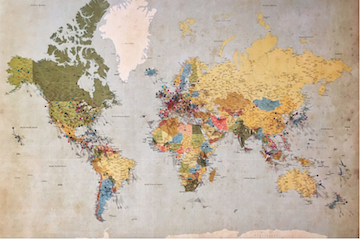


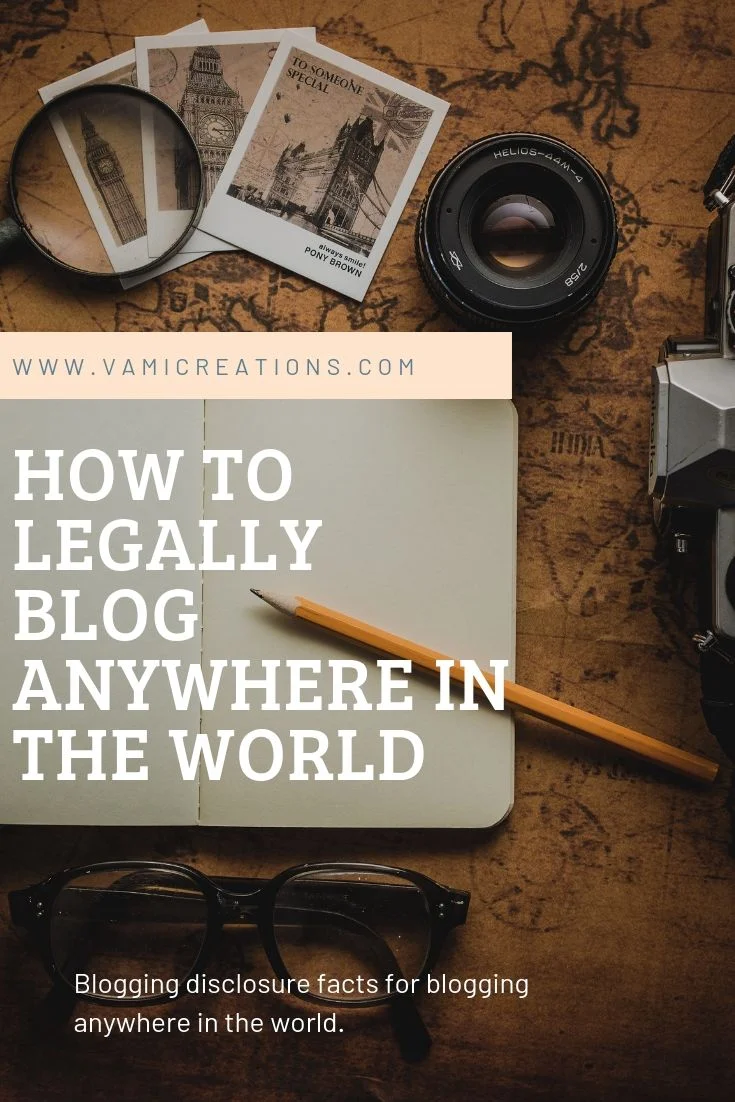


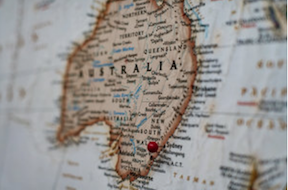







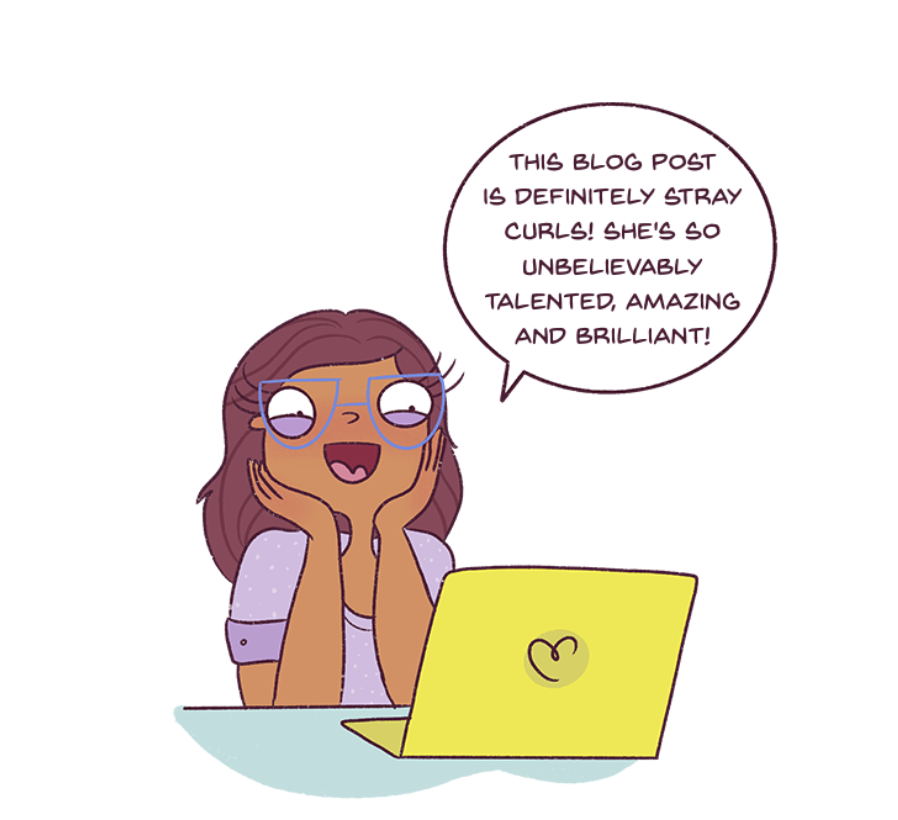
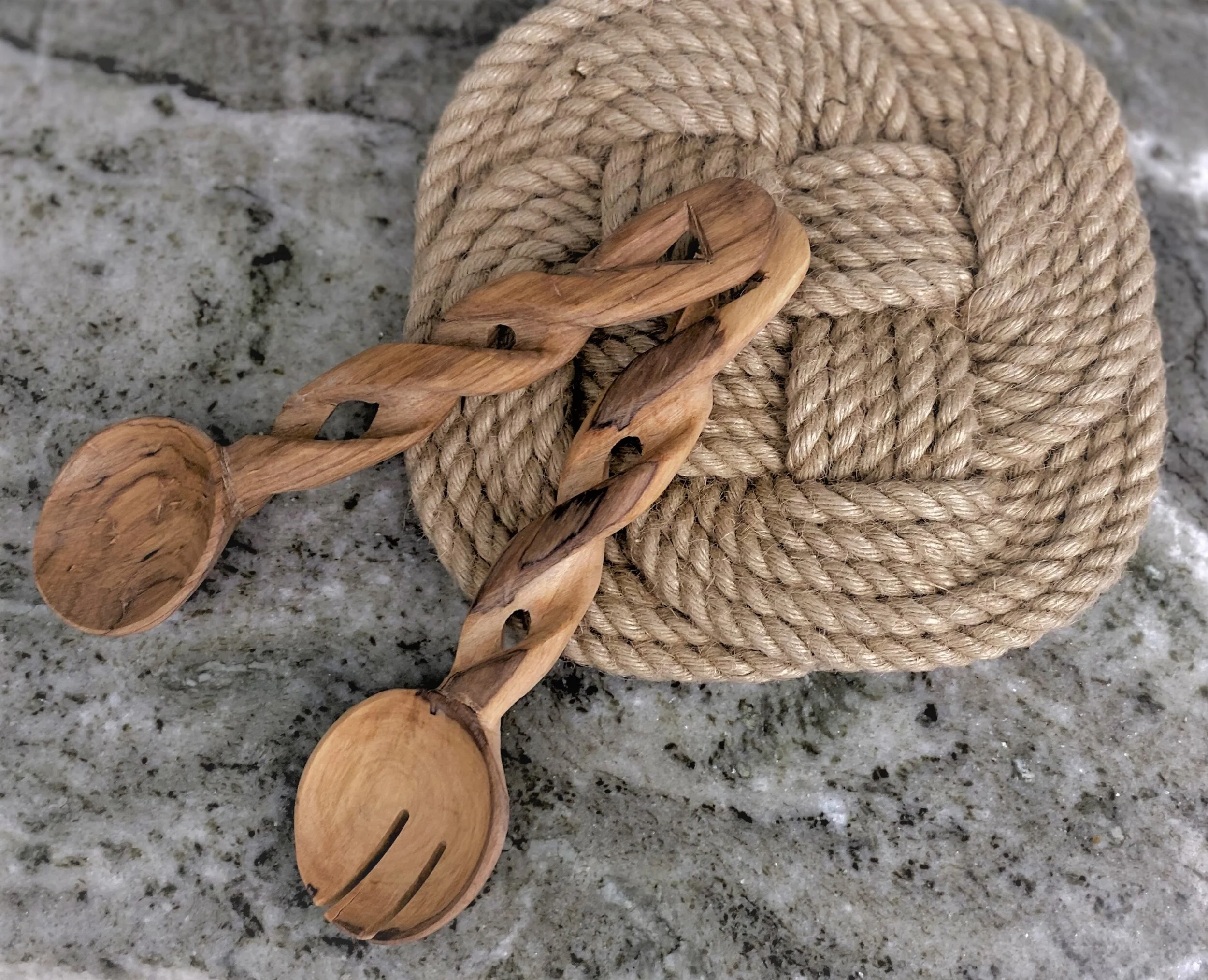
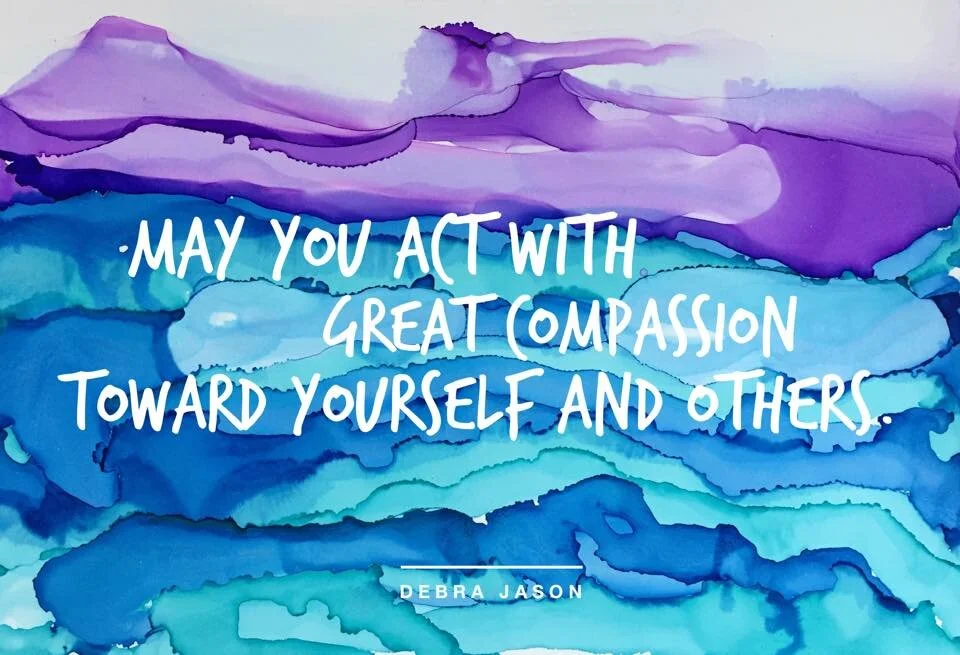
Knitting Pattern Design, while similar to creating crochet patterns, is still different and as such will have different tips and recommendations by designers as well as different software to create it. We’ve gathered an ultimate list of some of the best of these tips to include video tutorials, step by step posts, tips from knitting designers that are sharing their journey and lessons learned so you don’t have to make the same mistakes as they have and much more.